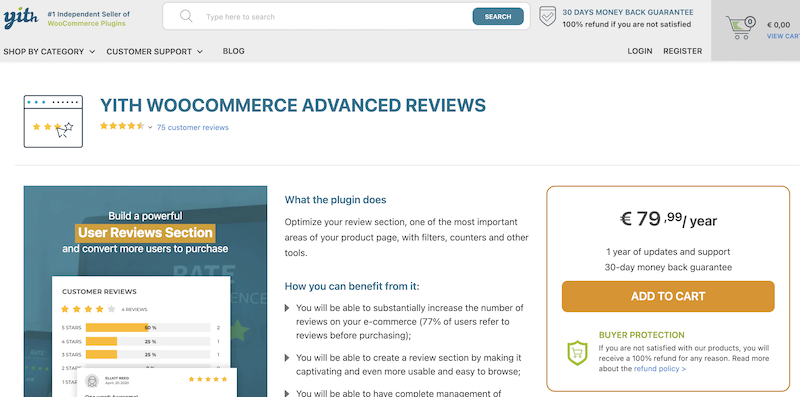Creating a WordPress site is an important step. Once you’ve filled out the details and set up the billing, your next task is to choose the perfect WordPress theme. But when there are thousands upon thousands of options, how do you choose? How do you even know where to start?
Before you give up and pick the first theme you happen to come across, read this article! We’ve compiled all our knowledge about WordPress themes to create this short guide on how to find the right theme for your brand-new WordPress site.
To choose a theme, you will need to know what budget you have in mind for building your website, what your website will be for, and what your ultimate goal is with the site.
WordPress theme essentials
Not all WordPress themes are good. Here’s a checklist of things that a decent WordPress theme should have:
- Up-to-date compatibility with the latest WordPress version,
- Not dependant on installing third-party plugins to operate,
- Lightning fast and fully optimised for Google web vitals,
- Secure and compatible with security encryption for e-shops,
- Optimised and responsive to mobile and tablet screen size,
- Easily customisable and compatible with web page builders,
- Offers support and updates from the official developer,
- Language support and compatible with translation software,
- Content format and layout is good for Search Engine Optimisation,
- Works well with e-commerce plugins and platforms.
Not all of those will be applicable to every website theme, but it’s a good place to start. Once you’ve found some themes that tick all the right boxes and look appealing, do some research. Check the customer reviews on the WordPress theme and then Google the theme.
Sometimes you’ll find Reddit or other forums where unhappy customers have revealed themes that just don’t work. These are also good places to ask for advice. Research now rather than discovering a nasty surprise later!
Business or leisure?
Once you know how to tell a good WordPress theme from a bad WordPress theme, you need to think about what you want your website to do. The aesthetics of the theme are not as important as the function of it.
For example, if you want to create a website that has many blog posts about one topic, then pick a theme that can display all of them on the home page. Take a look at Dirt Xtreme as an example. This dirt bike website has a visible menu and all their best articles on display.
If you are going to sell products, you need to make sure that the theme is compatible with commerce plugins and payment platforms, like WooCommerce.
If you are a photographer, you will want to make sure that the website theme puts your portfolio centre stage, not hidden away in the menu.
To summarise, it’s important that you pick a theme with your website’s purpose in mind. Think about how it will function as well as how it will look.
Different types of WordPress themes
Did you know that there are different types of WordPress themes?
- Free themes – these themes are simple and are free. The develops do not always update these themes, so check the reviews and make sure it is compatible with your version of WordPress.
- Buy a theme – developers make themes that you pay for. Once paid for, the theme is yours to use. Just remember to check the policies first – are updates included automatically, or do you need to pay every time? Check what customer support is available too.
- Premium theme plans – often starting with free plans, these types of themes allow you to pick a price plan that works for you. The most premium option usually comes with great customer support and the ability to customise the theme however you like.
- Custom themes – these are the themes that you hire a web developer to create. While they are expensive, it does mean that you are guaranteed a totally unique theme that no-one else has. Furthermore, the theme can be tailored to your website goals from the start.
- Code your own theme – finally, you can opt to code your own theme. It is not a good idea for beginners, but if you are proficient at coding then you can give this option a go.
Whichever type of WordPress theme you opt for, make sure you keep it up to date. One final note – never forget to back-up your WordPress website when you are switching or customising themes!





